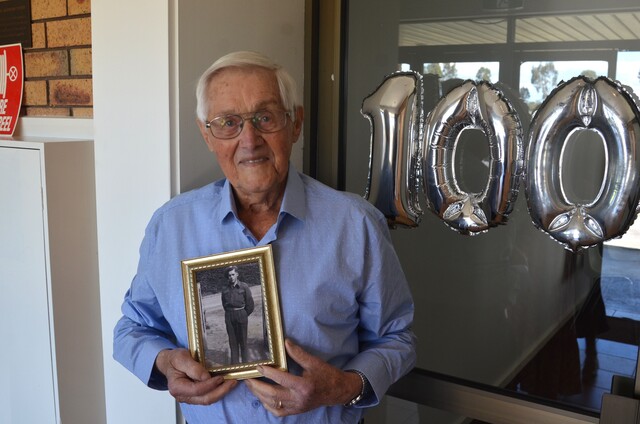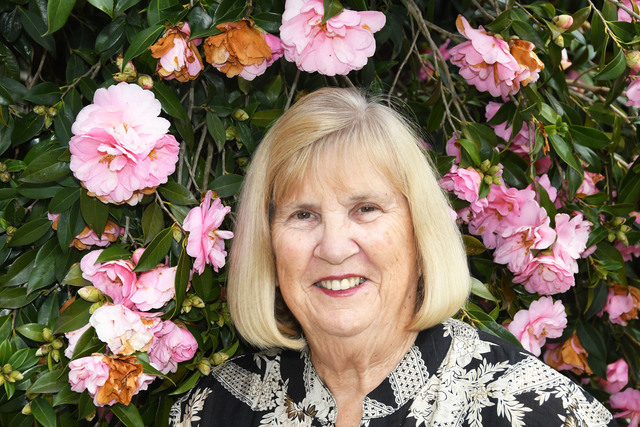The Mental Illness Fellowship of Australia (MIFA) has raised concerns about the support available to vulnerable Australians experiencing complex mental illness.
In Casey, 7 per cent of residents report high levels of psychological distress.
This equates to more than 30,000 affected constituents.
MIFA says there is little help from either the National Disability Insurance Scheme (NDIS) or from other Commonwealth and State/Territory psychosocial programs.
Without adequate support, MIFA warns, people with severe and complex mental illness will continue to experience adverse effects, such as homelessness, attempted suicide and marginalisation.
“There is, without doubt, a huge gap,” MIFA CEO Tony Stevenson said.
“It is a national human rights issue.
“Tragically, many governments are continuing to aimlessly kick the can down the road when it comes to funding new investment to support people with severe and complex mental health conditions.”
The state budget, dropped by the Andrew’s government on Tuesday 23 May shows some improvements to be made in the mental health sector.
Statewide, $160.2 million has been set aside for drug treatment and rehabilitation.
$156.6 million will fund mental health clinical care facilities.
Mental Health Community Support Services will receive a further 90.5 million.
The government has also dedicated $10 million statewide to the Mental Health and Alcohol and Other Drugs Renewal Fund.
In Casey, homelessness has risen 44.7 per cent since 2016.
A 2016 census reported 1280 homeless people in Casey.
Recent data shows the number has skyrocketed to 1852 people.
The rate of mental health issues is substantially higher among people with a history of homelessness (54 per cent) compared to the general population (19 per cent).
Wayss General Manager Shari McPhail says the numbers tell a “chilling story”.
“The number of people entering Wayss Access Point who are experiencing homelessness due to mental health issues has doubled since 2019,” she said.
“For many, living with a mental illness and accessing and maintaining a stable home can prove difficult.
“Wayss works closely with mental health agencies and as demand has increased substantially, this can delay and at times deter people from seeking the help they need.”
City of Casey Manager Connected Communities Sara Ball says the council is dedicated to providing support.
“The City of Casey is committed to working with the Victorian Government and local mental health organisations that provide both community-based and inpatient support to residents with severe mental illness,” she said.
“Our Health and Wellbeing Strategy 2021/2025 identifies mental wellbeing as a key priority for the Casey community.
“Council is working with local partners and community organisations to address underlying drivers of mental ill health, such as gambling harm, social and affordable housing, and access and inclusion.”
The Andrew’s budget has dedicated $134 million to homelessness services over the next four years, with $67.6 million for Housing First responses and supports.
Across Australia, there are 800,000 people living with complex mental illnesses.
Mental illness and substance abuse issues are the second largest contributors to non-fatal disease in the country.
Severe mental health conditions also shorten sufferer’s lifespans through the higher prevalence of comorbidity.
On average, people with severe mental illness die up to 23 years earlier than the general population.
MIFA has united with 40 other organisations to advocate for the Australian governments to rectify the lack of psychosocial support.
Mr Stevenson says hospitals can end up being the only option for many people, and the problem often reaches the crisis point before emergency departments are consulted.
“At the present time, all governments are undertaking an analysis of the actual need to determine how many people with severe and complex mental health conditions require support.
“It is clear to the Mental Illness Fellowship of Australia that governments have shown absolutely no appetite at all for getting this analysis to speed up – or earmarking any funds for early investment.
“That is despite the fact that the clear gap is not just known, it is very clearly acknowledged.”
Funding support for people with severe and complex mental illnesses outside of the NDIS has decreased drastically., according to Mr Stevenson.
“The system channels people into emergency and hospital services, adding huge extra pressure to that system and in turn traumatising those involved.
“We need a focus on prevention and supporting recovery, with greater investment in community mental health recovery services.”
The Mental Health and Wellbeing Workforce Strategy 2021-2024 will hopefully help to bridge these gaps.
By the end of 2023, the strategy aims to implement and support structural workforce reforms to attract, train and transition support staff across local, regional and statewide mental health services.
The development of new and enhanced workforce roles within the industry is also a priority.
The Albanese government recently announced their support for Australia’s vulnerable homeless population.
The Minister for Mental Health Gabrielle Williams announced on 18 May close to $10 million in support funds through the Labor Government’s Social Inclusion Mental Health Support Services program.
These funds were split between four organisations, St Mary’s House of Welcome, Uniting Vic.Tas, Jesuit Social Services Connexions, cohealth in partnership with the Inner West Area Mental Health Service and Launch Housing.
Almost $6 billion has been invested in mental health and wellbeing over the past three years by the Australian government, the largest investment in mental health in Victoria’s history.
The Albanese government says work is underway on 90 per cent of the Royal Commission recommendations regarding mental health reforms.
MIFA is advocating for new community-based supports that are “person-led, recovery-oriented, trauma-informed, culturally responsive and inclusive of family and carer support”.
MIFA encourage those suffering with complex mental health to join their online community ‘Finding North’.
“It is a growing on-line community of people who want to share their experiences and help others – and it is safe and secure,” Mr Stevenson said.
“With the right support, people with serious and complex mental illness can recover and live meaningful lives.”







